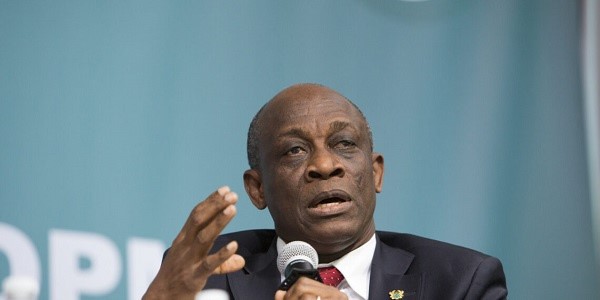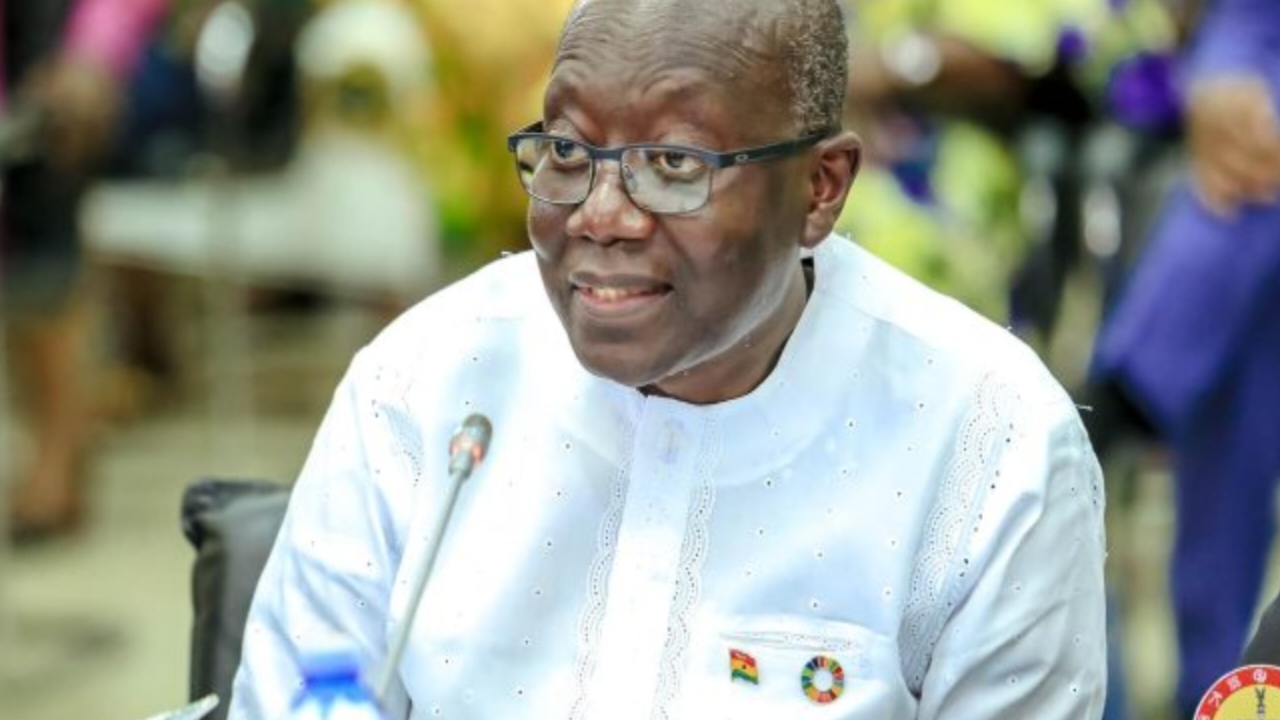A new report from the World Bank has highlighted that Ghana’s impressive GDP growth in recent years was largely driven by excessive debt accumulation. The report warns that while economic expansion appeared strong, much of it was unsustainable due to heavy borrowing.
According to the World Bank, Ghana’s economy experienced one of the fastest growth rates in Africa. However, this growth relied heavily on public debt, with loans used to finance infrastructure projects, social programs, and budget deficits. As a result, the country’s debt-to-GDP ratio surged, raising concerns about long-term financial stability.
The report explains that Ghana’s borrowing increased significantly to support economic development. However, the high levels of debt have put pressure on government finances, limiting the country’s ability to invest in essential sectors such as education, healthcare, and industry. The World Bank urged policymakers to implement stronger fiscal measures to reduce reliance on borrowing and promote sustainable economic growth.
Economic analysts believe Ghana must focus on revenue generation, improved tax collection, and effective public spending to stabilize its economy. The government has acknowledged the issue and is exploring strategies to manage debt while maintaining economic progress.
The World Bank’s findings highlight the delicate balance between rapid growth and financial sustainability. Without proper debt management, Ghana risks facing economic challenges despite its recent growth success.













